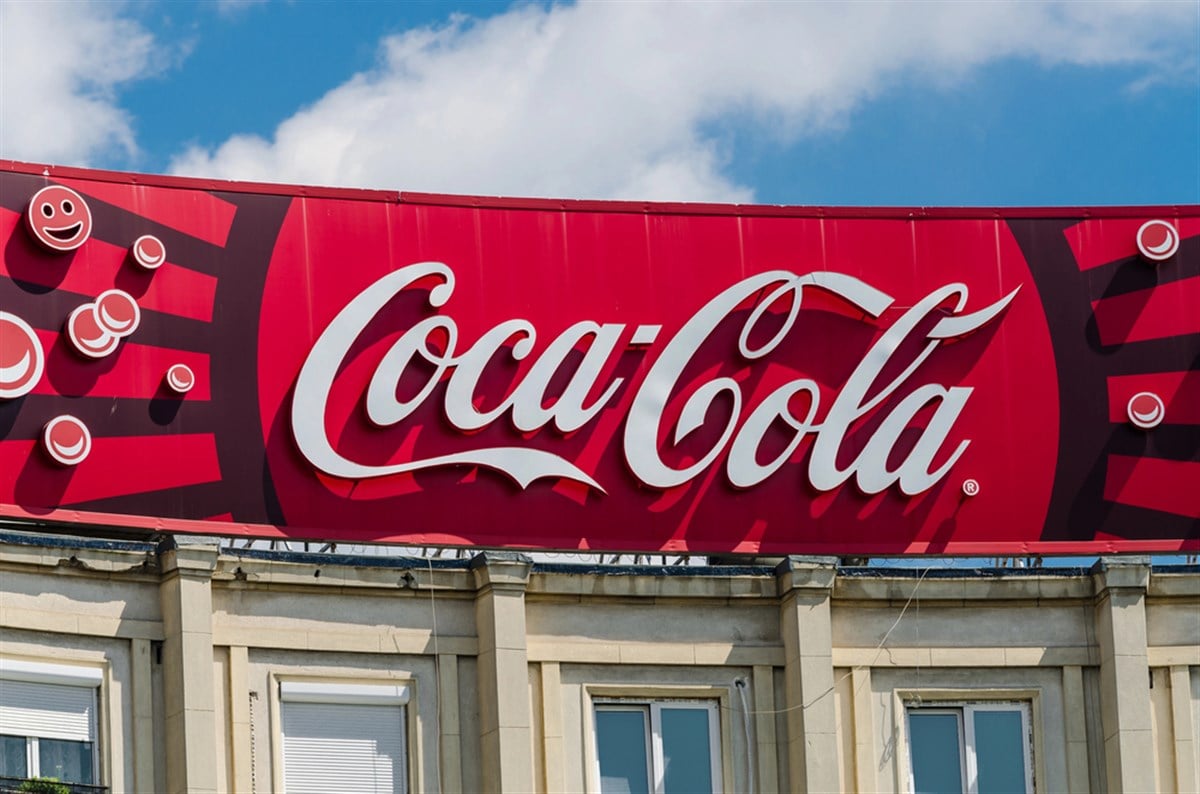
It’s time to go on the defensive; at least, that’s what the savvy ones on Wall Street would have everyone else do, and while they’re not always right, this time, there might be some sense behind the suggestion. When BlackRock Inc. (NYSE: BLK) released its earnings results for the second quarter of 2024, it revealed to investors that its clients were being advised to go into fixed-income and exchange-traded funds (ETFs), and here’s why.
A new rotation is starting to hit the market, led by Stanley Druckenmiller, so if anyone has the macro picture in mind, it’s him. Druckenmiller chose to sell out of the hype in the technology sector, bailing out of NVIDIA Co. (NASDAQ: NVDA) and choosing to reallocate into bonds and small-cap stocks, which is not too different from what BlackRock decided to do.
Today, investors are being pulled from both parties to stay in the rise of artificial intelligence stocks or switch to the more volatile (but arguably cheap) small-cap stocks. There’s a sweet spot in between, which can be found in what are termed ‘defensive’ stocks or companies with very little exposure to the underlying business cycle. These include Waste Management Inc. (NYSE: WM), Coca-Cola Co. (NYSE: KO), and Caterpillar Inc. (NYSE: CAT).
Why Waste Management Stock is the Ultimate Defensive Play
Apart from offering investors a low beta of 0.74, which significantly moves in the broader S&P 500 to a smaller one in Waste Management, investors have a very defensive fundamental story to follow in this company.
The premise is that humans will create waste as long as they live in the United States. So, Waste Management will always need to export this waste, and they are the seventh-largest exporter in the U.S., with 75,300 twenty-foot equivalent units (TEU) sent out last year alone.
Investors can quantify this strength in the company’s financials, leading with gross margins of 38.8%, which is impressive in any industry outside software as a service (SAAS). Retaining this much capital from each sale allows management to reinvest more capital into the business, so compounding effects can occur.
Investing this capital has generated returns on invested capital (ROIC) rates of up to 14% in the past 12 months, and that matters because annual stock performance tends to match the long-term ROIC rate. This is why Waste Management stock has reached a new all-time high and risen by more than 4,900% in the past two decades.
Why Coca-Cola Stock Thrives in Any Market Cycle
It doesn't matter if the economy is booming or busting; consumers will always have room in their budgets for Coca-Cola products. They are not only addictive, but they have been synonymous with replacing coffee or other caffeinated drinks; they have an added taste.
With a global presence, Coca-Cola's financials reflect not only economies of scale but also pricing power, as seen in the 60% gross margins achieved in the past year. Like Waste Management, retaining so much capital from each sale allows management to compound its investments, and an ROIC rate of 16% explains why Coca-Cola's stock rallied by 16,000% in the past two decades.
This could be one reason why analysts at J.P. Morgan Chase felt comfortable pushing their price targets on Coca-Cola stock to $72 a share, daring it to rally by 10.2% from where it trades today. However, these analysts weren't the only ones on Wall Street who felt good about Coca-Cola stock.
Those at Raymond James (Coca-Cola's second-largest shareholder) saw it fit to boost their stakes by 42.6% as of July 2024, bringing their net investment up to $397.5 million today.
Caterpillar Stock Balances Upside with Defensive Strategy
To tie it all together comes Caterpillar stock since being allocated in an all-defensive portfolio can lead to underperformance if the Federal Reserve ends up cutting interest rates this year. According to the CME's FedWatch tool, these cuts have over a 90% chance of being here by September 2024.
And, rate cuts or not, developed nations worldwide are still investing in their infrastructure projects and residential construction, which is where Caterpillar stock comes into play. With a slightly higher beta of 1.1, investors are exposed to a little bit more volatility but keep the business's fundamental defensive character.
After recently reaching an all-time high, Caterpillar stock earned the attention of some Wall Street analysts, particularly those at the Goldman Sachs Group and Citigroup. Goldman set a price target of $408 a share for Caterpillar stock, daring it to rally 17.3% from where it trades today.
But those targets were set in April 2024. Citigroup's $380 valuation is more recent as of June 2024, but it still calls for a 9.3% upside from today's price. Moving past analyst targets, investors can look at Caterpillar stock's 11.3% collapse in short interest as a sign of bearish capitulation in the face of these bullish trends, especially with the prospect of rate cuts around the corner.




